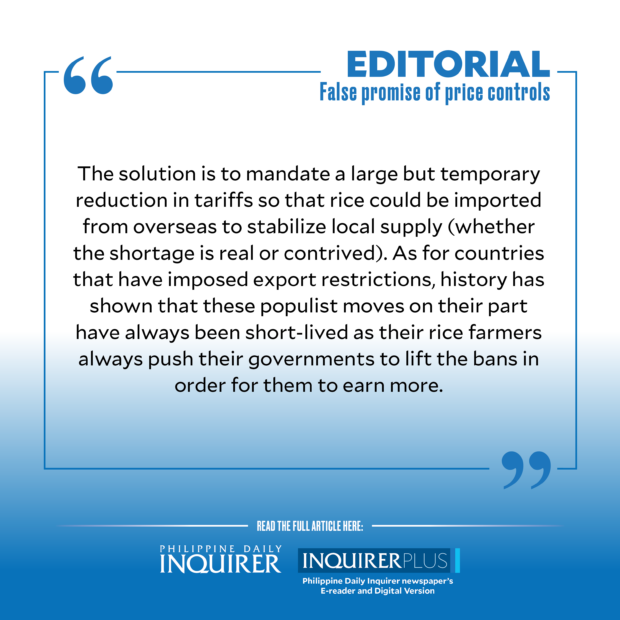According to the canonical textbook “Economics” by Paul Samuelson and William Nordhaus, the supply and demand for gasoline can be greatly affected by external factors such as war or revolution. In such cases, if there is a drastic cut in oil supply, oil prices will rise and consequently, the price of gasoline will rise as well. This often leads to public outcry against oil companies for “gouging” consumers, along with concerns of an inflationary spiral.
To address these concerns, some advocates propose price controls on gasoline. However, the authors argue that such measures do not effectively address the underlying issue. If the government sets a price ceiling for gasoline, it creates a mismatch between supply and demand. Consumers demand more gasoline at the lower price, but producers are unwilling to supply it. Eventually, this leads to shortages as pumps run dry. The authors suggest that in a free market, prices would adjust naturally to clear the market, as consumers would willingly pay a higher price to avoid going without fuel.
Comparing this situation to the current rice crisis in the Philippines, where the government has imposed price caps on rice, the authors argue that this approach is misguided. While the intention is to ensure affordable rice for the Filipino people, price controls tend to constrict supply and create a black market with even higher prices. Furthermore, the executive order implementing the price cap does not specify an end date, leaving the policy in effect indefinitely.
Instead of price controls, the authors propose a counterintuitive solution based on the laws of supply and demand. They suggest temporarily reducing tariffs on rice imports to stabilize local supply. This would encourage the importation of rice from overseas, potentially alleviating the shortage, whether it is real or contrived. Additionally, countries that have imposed export restrictions on rice often lift them due to pressure from their own farmers, leading to an influx of cheap imports and lower prices.
Economist and former central bank chief Felipe Medalla warns that the price ceilings will only lead to frustration and shortages, likening it to “poisoning the entire garden to kill a few chinch bugs.” The authors emphasize the importance of recognizing the limitations of price controls and consider a more effective and temporary solution in light of the current crisis.
Your subscription could not be saved. Please try again.
Your subscription has been successful.
Read Next
Don’t miss out on the latest news and information. Subscribe to INQUIRER PLUS to get access to The Philippine Daily Inquirer & other 70+ titles, share up to 5 gadgets, listen to the news, download as early as 4am & share articles on social media. Call 896 6000. For feedback, complaints, or inquiries, contact us.
Denial of responsibility! Vigour Times is an automatic aggregator of Global media. In each content, the hyperlink to the primary source is specified. All trademarks belong to their rightful owners, and all materials to their authors. For any complaint, please reach us at – [email protected]. We will take necessary action within 24 hours.


